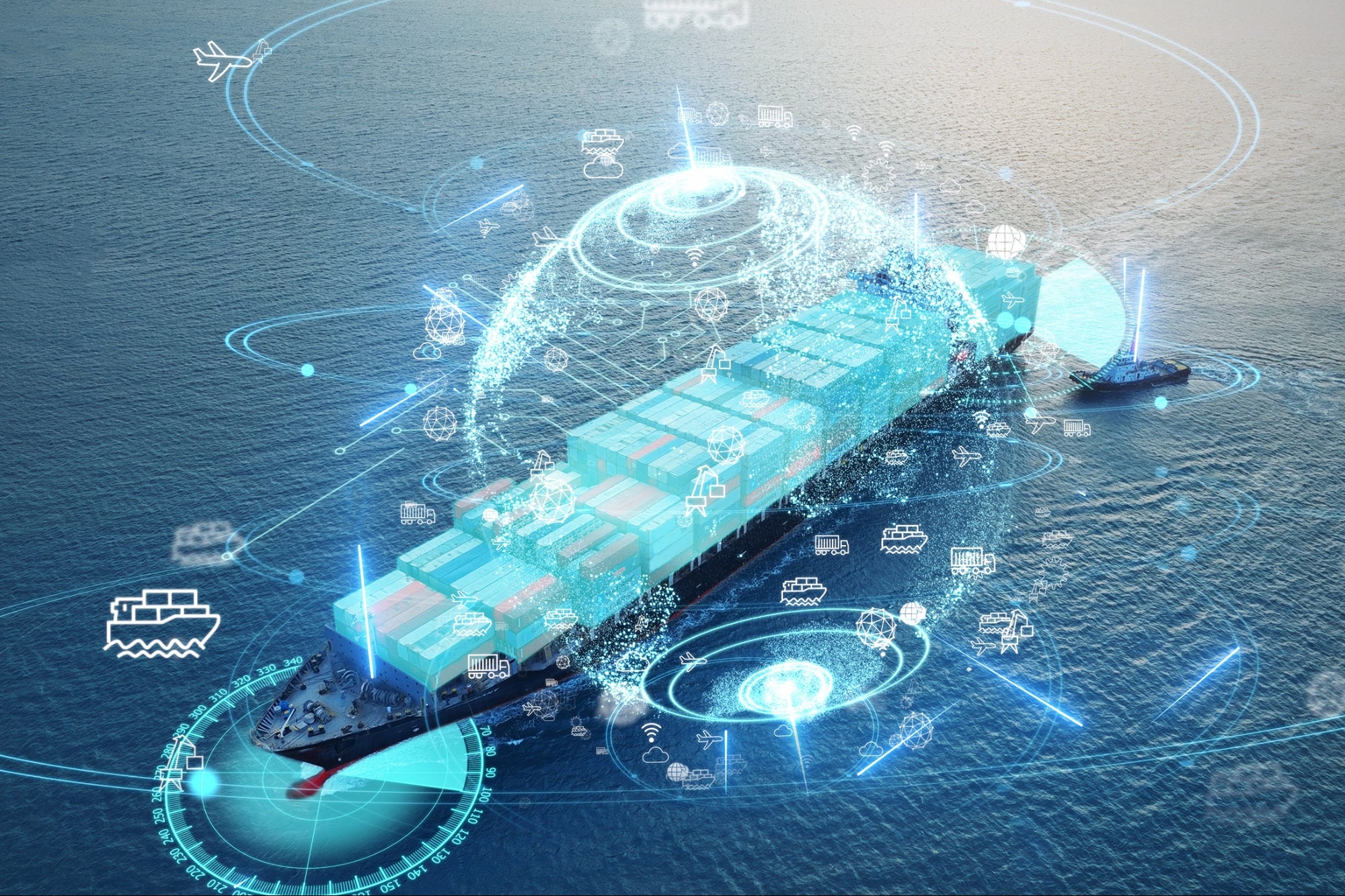Opinions expressed by Entrepreneur contributors are their own.
Since President Trump first announced new tariffs on U.S. trading partners in April, with frequent revisions ever since, American businesses of all sizes have been caught in a whirlwind of uncertainty. For entrepreneurs relying on foreign suppliers, sudden spikes in raw material costs can force a frantic reevaluation of longterm strategies and pricing models. These constantly shifting tariffs have upended months, even years, of planning across operations, production, supply chains, and competitive positioning, leaving many entrepreneurs stuck in near paralysis.
Most imported products face a baseline duty of at least 10%, but that number is subject to change with little warning. Trump announced much larger reciprocal tariffs on dozens of countries in April before instituting a 90-day pause. Trump also raised tariffs on China to 145% before lowering them back to 30% for most Chinese goods for at least 90 days starting in May. To handle the tariff whiplash and survive in today’s volatile political and economic climate, you need to navigate constant uncertainty and adjust to frequent disruptions. If you’re not able to pivot quickly as changes arise, you may have to pass rising costs onto consumers, putting your business at risk of losing them entirely.
Related: Walmart Is Raising Prices, According to the Company’s CEO. Here’s When.
To stay ahead of these constant changes, business owners need to regularly explore a range of “what-if” scenarios. For example, if tariffs rise on a key supplier, how quickly should I adjust prices? Or, what are my options for switching to a supplier in a country with lower tariffs? With so many moving parts, AI can make this easier. Tools like ChatGPT make it simple to start using AI for financial modeling and supply chain analysis —helping you stay agile while navigating unpredictable tariffs.
How small businesses can use AI for smarter scenario planning and future-proof decisions
Earlier in my career, I helped large oil companies and financial institutions optimize their supply chains for better efficiency and lower costs. Traditionally, creating these models required complicated Excel spreadsheets and some proficiency in mathematics. Not only has AI made the modeling process more accessible, even for non-technical business owners, but it has also provided business owners with an essential tool for scenario planning that is adaptable in real time.
Tariffs are fundamentally unpredictable, especially today, so AI can’t predict what tariffs will be tomorrow, next week or next month. It can, however, help your business prepare for the unknown and make smarter decisions faster by running dozens of those “what-if” scenarios in seconds. That’s why it’s best to understand and use AI as an optimization model instead of a one-time solution.
Here’s how the optimization model works and how you can use it to build a pricing and procurement strategy that will help your business stay on top of 2025 tariffs:
Step 1: Provide your AI tool with data
Start by entering the key details into your AI tool—some of which your Large Language Model (LLM) may already know. An LLM is a type of AI that understands and creates human-like text by learning from vast amounts of writing.
Include information like:
- Current and projected tariff rates
- Domestic and international costs of goods
- Inventory holding periods
- Revenue per unit
This data is likely already available in your balance sheet, which you can quickly upload to your AI tool like ChatGPT or source through simple research. The AI’s goal is to optimize for a combination of these variables that yields the highest profitability at the lowest cost at any given point.
Related: What Is a Tariff? Here’s an Overview of the Basics.
Step 2: Use AI to model supply chain alternatives
AI can scan trade databases and tariff announcements in real time, constantly updating teams in need. As tariffs fluctuate and updates are tracked, your optimization model will shift and evolve.
For example, if tariffs rise and the cost of overseas products increases, you may look to purchase goods domestically and ask your AI system to recommend sourcing alternatives. AI can even compare the benefits, drawbacks and long-term implications of sourcing from various countries.
While AI can’t provide specific pricing or shipping estimates, it drastically reduces the time it takes to evaluate new options. Once you find the rest of the information you need, by researching online or calling the suggested companies directly, feed it into your model to update your strategy in real-time.
Step 3: Use AI to explore multiple scenarios and identify the best path forward
Beyond just helping with sourcing decisions, AI can also recommend how much you can raise your prices to stay profitable without driving customers away. For example, your business might absorb a 5% to 10% tariff increase through modest price hikes, but a 15% increase could start to push customers away. AI can simulate different pricing strategies to help you find the perfect balance for your unique situation.
Ask your AI tool questions such as:
- How much would I lose if tariffs remain between 10% and 15% over the next 60 days?
- When does buying from international suppliers become economically unviable?
- How much would I need to raise prices if tariffs increase to 20%?
- What’s the best price increase to keep my revenue steady while covering costs?
AI can help pinpoint various thresholds and calculate your options. These actionable insights can be life-saving for businesses lacking the time, energy and resources for trial and error.
Think of AI as a personal financial analyst that works around the clock and costs a fraction of a human hire. Regardless of your business, integrating AI into your operational toolkit and interacting with it daily can help you prepare for an unpredictable market.
While the future of tariffs remains uncertain, their impact is very real today. Instead of freezing up from uncertainty or making hasty decisions, AI empowers business owners to stay proactive and ready for whatever comes next.
Since President Trump first announced new tariffs on U.S. trading partners in April, with frequent revisions ever since, American businesses of all sizes have been caught in a whirlwind of uncertainty. For entrepreneurs relying on foreign suppliers, sudden spikes in raw material costs can force a frantic reevaluation of longterm strategies and pricing models. These constantly shifting tariffs have upended months, even years, of planning across operations, production, supply chains, and competitive positioning, leaving many entrepreneurs stuck in near paralysis.
Most imported products face a baseline duty of at least 10%, but that number is subject to change with little warning. Trump announced much larger reciprocal tariffs on dozens of countries in April before instituting a 90-day pause. Trump also raised tariffs on China to 145% before lowering them back to 30% for most Chinese goods for at least 90 days starting in May. To handle the tariff whiplash and survive in today’s volatile political and economic climate, you need to navigate constant uncertainty and adjust to frequent disruptions. If you’re not able to pivot quickly as changes arise, you may have to pass rising costs onto consumers, putting your business at risk of losing them entirely.
Related: Walmart Is Raising Prices, According to the Company’s CEO. Here’s When.
The rest of this article is locked.
Join Entrepreneur+ today for access.






